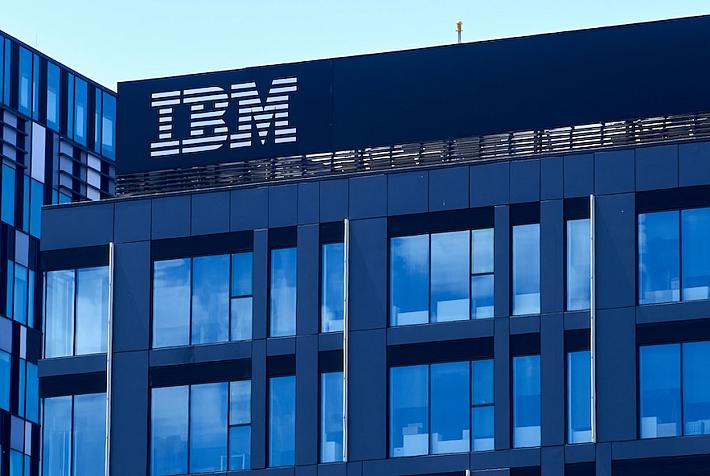Seven key factors Romanian stock market investors should consider in November–December

As the year draws to a close, several critical factors beyond the U.S. presidential election are expected to influence stock market dynamics and shape companies’ performances. Analysts at Freedom24, the trading platform that provides access to the world’s largest stock exchanges, have highlighted 7 key aspects Romanian investors should consider this November and December when making strategic stock investment decisions.
-
Monetary policy and interest rates
Federal Reserve decisions: with inflation a persistent concern, the Fed may adjust rates based on year-end 2024 economic data; another hike could pressure growth sectors like tech, while easing could boost stocks in technology, consumer goods, and real estate.
Global Central Banks: investors should also monitor the European Central Bank and Bank of England, as higher rates there could affect global markets, especially emerging and debt-sensitive sectors.
-
Corporate income and profitability
Q4 earnings report season: the release of Q4 corporate earnings will signal market sentiment. Key sectors like technology, energy, and consumer staples will be in focus as investors evaluate how well companies manage inflation, high interest rates, and geopolitical uncertainty.
Profit margins under pressure: high input costs, especially for companies heavily reliant on global supply chains (e.g. semiconductors and industrials), could undermine profit margins. Investors should keep an eye on large companies’ financial projections.
-
Economic downturn in China
China's continuing recession: companies dependent on China's growth, such as luxury goods, technology and industrial companies may face performance risks. Investors should also consider the ripple effects of China's slowdown on commodities, particularly oil, copper and iron ore.
China's housing market crisis: the ongoing property crisis, with companies such as Evergrande and Country Garden struggling financially, could worsen market instability, affecting global commodity prices and weakening developing economies dependent on Chinese demand.
-
Supply chain disruptions and commodities
Oil price volatility: given the conflicts in the Middle East and OPEC+ production cuts, oil prices may stay volatile, with further regional disruptions likely pushing prices higher. This would benefit energy companies but also affect the profitability of oil-dependent sectors such as airlines and transport.
Critical Commodities: investors should monitor copper (green energy, tech), lithium (EV production), and uranium (nuclear power)—as supply disruptions or geopolitical issues in key producing regions like South America, Africa, or Australia could drive prices up, impacting market sentiment and sector earnings.
-
Holiday season and consumer spending
Retail sector performance: although inflation in the US is slowing, high borrowing costs and stagnant wages could curb consumer holidays spending, which could impact companies in the retail and e-commerce sectors such as Amazon, Walmart and Target.
E-commerce growth: e-commerce companies could grow as online shopping increases during the festive season, though increasing shipping costs and logistical challenges may impact profits.
-
Geopolitical risks
Conflict between Russia and Ukraine: the ongoing Russia-Ukraine conflict continues to strain global markets, particularly in energy and agriculture, as disruptions in Russian energy supplies could drive up natural gas and oil prices, affecting the European economy.
Tensions in the Middle East: escalating tensions between Israel and Hamas, along with Iran, may lead to energy market volatility and impact defence stocks, with potential for further instability and supply chain disruptions in oil and natural gas.
-
Risks of US debt and government shutdown
Government Shutdown: the risk of a U.S. government shutdown, due to budget negotiation struggles in Congress, could trigger layoffs, reduced production, and delayed government contract payments, impacting defence, healthcare, and infrastructure sectors.
US debt levels: high U.S. debt levels and political gridlock could increase investor uncertainty, potentially raising bond yields and weakening interest-rate-sensitive sectors like utilities and real estate.
*This is partner content.












